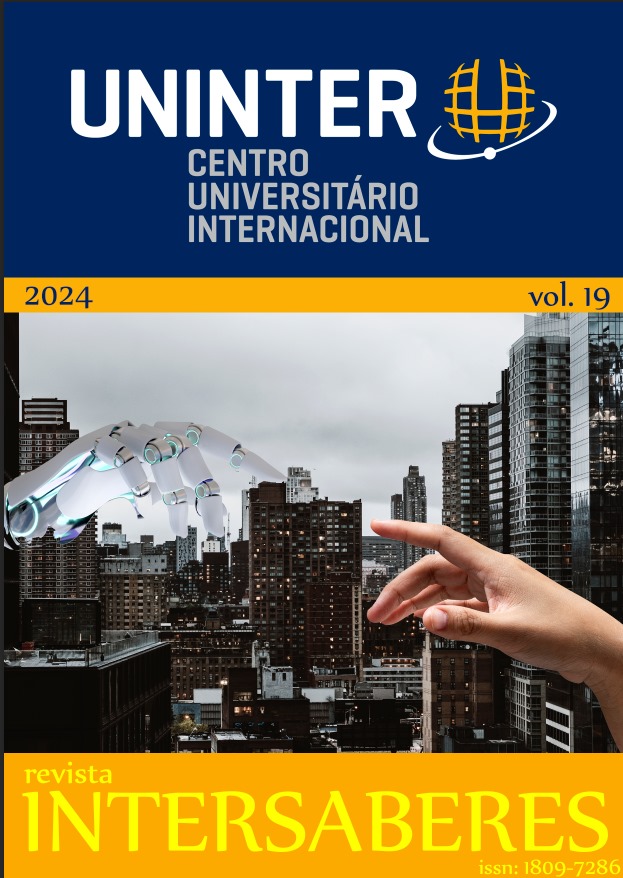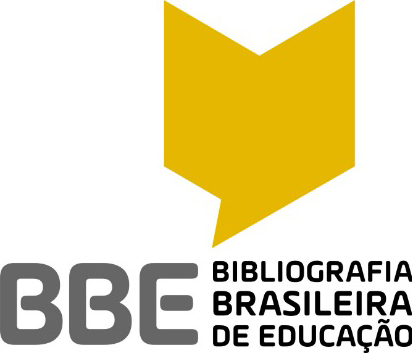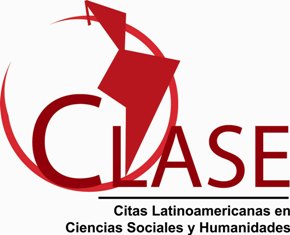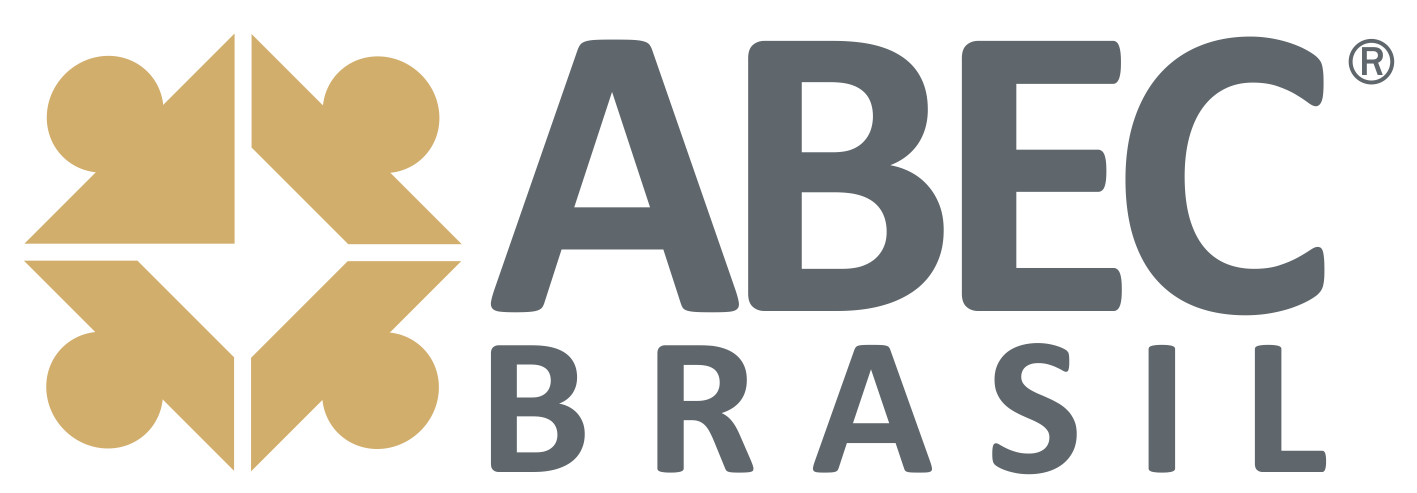Use of Artificial Intelligence in education: analysis and perception of teachers
Keywords:
Education, Artificial intelligence, Learning, Teaching methodology; Digital Technology; Scratch.Abstract
This research aims to access teachers' knowledge about Artificial Intelligence. For this, the questionnaire, Challenges of Artificial Intelligence in Higher Education (DIA-ES). The questionnaire had the participation of 80 respondents. When investigating teachers' level of knowledge about some digital technologies, it was observed that most teachers have very little or moderate knowledge about the investigated subjects. Regarding teachers' thoughts on how Artificial Intelligence systems will impact employment, it was found that the majority of teachers understand that it is extremely likely that AI systems will greatly alter the ways of living in society, the organization of urban spaces, and be widely used in distance learning and virtual environments.
Downloads
References
ALJANABI, M. et al. Editorial ChatGpt: Open Possibilities. Iraqi Journal for Computer Science and Mathematics, v. 4, n. 4, p. 62–64, 2023.
CAMPOS, L. F. A. DE A.; LASTÓRIA, L. A. C. N. Semiformação e inteligência artificial no ensino TT - Semiformation and artificial intelligence in teaching. Pro-Posições, v. 31, 2020.
CHACE, C. The Economic Singularity: Artificial intelligence and the death of capitalism. 3a ed. [s.l.] Three CS, 2016.
CHATGPT. ChatGPT: Optimizing Language Models for Dialogue. Disponível em: <https://openai.com/blog/chatgpt/>. Acesso em: 2 fev. 2023.
COZMAN, F. G.; PLONSKI, G. A.; NERI, H. Inteligência artificial: avanços e tendências. 1. ed. São Paulo: Universidade de São Paulo. Instituto de Estudos Avançados, 2021.
FORD, M. Rise of the robots: technology and the threat of a jobless future. New York: Basic Books, 2015.
GLOBO, O. O ChatGPT e o debate sobre os avanços no campo da inteligência artificial. Disponível em: <https://oglobo.globo.com/podcast/noticia/2023/01/o-chatgpt-e-o-debate-sobre-os-avancos-no-campo-da-inteligencia-artificial.ghtml>. Acesso em: 2 fev. 2023.
GOMES, D. DOS S. Inteligência Artificial: Conceitos e Aplicações. Disponível em: <https://www.professores.uff.br/screspo/wp-content/uploads/sites/127/2017/09/ia_intro.pdf>. Acesso em: 24 maio. 2022.
GONÇALVES, D. P.; ALVES, A. G. Ferramenta para aprendizado de LIBRAS para crianças do Ensino Fundamental utilizando Visão Computacional. Nuevas Ideas en Informática Educativa TISE 2015, v. 11, p. 147–156, 2015.
HAENLEIN, M.; KAPLAN, A. A brief history of artificial intelligence: On the past, present, and future of artificial intelligence. California Management Review, v. 61, n. 4, p. 5–14, 2019.
HAUGELAND, JOHN. Artificial Intelligence: The Very Idea. 1a ed. London: The MIT Press, 1985.
KLEINA, N. A história da inteligência artificial. Disponível em: <https://www.tecmundo.com.br/mercado/135413-historia-inteligencia-artificial-video.htm>. Acesso em: 24 maio. 2022.
KUČAK, D.; JURIČIĆ, V.; ĐAMBIĆ, G. Machine learning in education - A survey of current research trends. Annals of DAAAM and Proceedings of the International DAAAM Symposium, v. 29, n. 1, p. 0406–0410, 2018.
KURZWEIL, R. The Age of Intelligent Machines. 1a ed. London: The MIT Press, 1990.
LOCK, S. What is AI chatbot phenomenon ChatGPT and could it replace humans? Disponível em: <https://www.theguardian.com/technology/2022/dec/05/what-is-ai-chatbot-phenomenon-chatgpt-and-could-it-replace-humans>. Acesso em: 2 fev. 2023.
MARTINS, R. H.; VIANA, H. B. INTELIGÊNCIA ARTIFICIAL NA EDUCAÇÃO: UMA REVISÃO INTEGRATIVA DA LITERATURA. INTERNET LATENT CORPUS JOURNAL, v. 12, n. 2, p. 125–137, 2022.
MILANO, D. DE; HONORATO, L. B. Visão Computacional. UNICAMP – Universidade Estadual de Campinas, p. 1–7, 2014.
MITCHELL, T. et al. Machine Learning. Annual Review of Computer Science, v. 4, p. 417–433, 1990.
MOREIRA, A. et al. Processamento de linguagem natural aplicado à inteligência artificial. Revista UI_IPSantarém, v. 9, n. 4, p. 81–90, dez. 2021.
NGUYEN, M.-H. Academic writing and AI: Day-1 experiment. Center for Open Science2023, n. January, 2023.
PAIXÃO, G. M. DE M. et al. Machine Learning na Medicina: Revisão e Aplicabilidade. Arq Bras Cardiol., v. 118, n. 1, p. 95–102, jan. 2022.
PARREIRA, A.; LEHMANN, L.; OLIVEIRA, M. O desafio das tecnologias de inteligência artificial na Educação: percepção e avaliação dos professores. Ensaio: Avaliação e Políticas Públicas em Educação, 22 fev. 2021.
PINEDA-JARAMILLO, J. D. A review of machine learning (ML) algorithms used for modeling travel mode choice. DYNA (Colombia), v. 86, n. 211, p. 32–41, 2019.
RUSSEL, S. Inteligência artificial a nosso favor: Como manter o controle sobre a tecnologia. 1a ed. São Paulo: Companhia das letras, 2021.
RUSSELL, S.; NORVIG, P. Inteligência artificial. 3a ed. Rio de Janeiro: Elsevier, 2013.
SANTOS, T. T. et al. Visão computacional aplicada na agricultura. Em: Agricultura Digital: Pesquisa, Desenvolvimento e Inovação nas Cadeias Produtivas. Brasilia: Embrapa, 2020. p. 146–164.
SILVA, E. C. Aplicação da educação 4.0 numa escola técnica profissionalizante. Dissertação de Mestrado. Engenheiro Coelho, 2019.
SILVA, E. C.; VIANA, H. B.; DE BARROS VILELA, G. Active methodologies in a professional technical school. Revista Portuguesa de Educacao, v. 33, n. 1, p. 158–173, 2020.
VICARI, R. M. Tendências em inteligência artificial na educação no período de 2017 a 2030. Brasilia, 2018.
WEIZENBAUM, J. ELIZA—a computer program for the study of natural language communication between man and machine. Communications of the ACM, v. 9, n. 1, p. 36–45, jan. 1966.
ZHAI, X. ChatGPT User Experience: Implications for Education. SSRN Electronic Journal, 2022.
Downloads
Published
How to Cite
Issue
Section
License
Copyright (c) 2024 REVISTA INTERSABERES

This work is licensed under a Creative Commons Attribution-NonCommercial-NoDerivatives 4.0 International License.
Os direitos autorais dos artigos publicados na Revista são de acordo com a licença CC-BY-ND - Creative Commons ( https://creativecommons.org/licenses/by-nd/4.0/legalcode)
Esta licença permite que outras pessoas reutilizem o trabalho para qualquer finalidade, inclusive comercialmente; no entanto, não pode ser compartilhado com outras pessoas de forma adaptada e o crédito deve ser fornecido ao autor.
Os direitos autorais dos artigos publicados na Revista são do autor, com os direitos de primeira publicação para a Revista

























